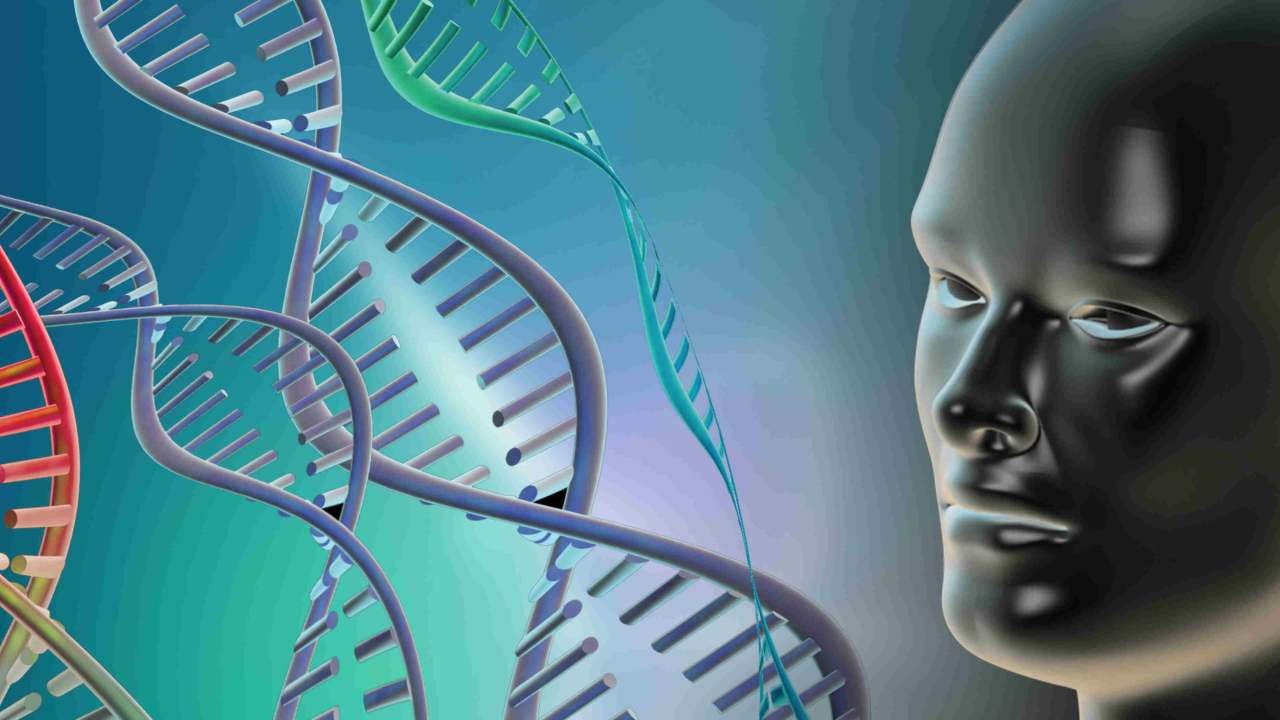For the first time scientists have identified genetic markers that can predict whether a patient will respond to bipolar disorder medication, providing new insight into how mood stabilising drugs work.
The study is published in the Lancet journal.
Lithium is a first-line treatment for bipolar disorder which affects at least 2% of the world’s population. It is primarily used to prevent manic episodes and suicide attempts. Individual responses to the medication are variable, with only 30% of patients considered excellent responders and a further 30% having partial benefit.
Little is known about the biochemical action that allows lithium to achieve its mood stabilising effects, which has made it difficult for psychiatrists to identify who is likely to respond well to lithium treatment.
Researchers with the International Consortium on Lithium Genetics, including researchers from UNSW and NeuRA, scanned more than six million biomarkers across the genomes of 2,563 individuals with bipolar disorder.
They found significant evidence of an association between lithium response and common genetic variants contained within chromosome 21, one of the 23 pairs of chromosomes in humans.
If this study is replicated, this could transform the way individuals with bipolar disorder are treated in the future.
Researchers found the genetic region associated with lithium response contains two long non-coding RNA genes, which are increasingly appreciated as important regulators of gene expression, particularly in the body’s central nervous system.
In an independent prospective study of 73 patients treated with lithium for up to two years, carriers of the response-associated genetic variants also had a significantly lower rate of relapse than carriers of the alternate genetic variants.
Study co-author Scientia Professor Philip Mitchell, Head of the School of Psychiatry at UNSW, said the research was an important breakthrough.
“These findings suggest a novel potential mechanism of action for lithium. If this study is replicated, this could transform the way individuals with bipolar disorder are treated in the future,” Professor Mitchell said.
Fellow co-author, NeuRA’s Professor Peter Schofield, said the study is the largest analysis of lithium response in bipolar patients to date, incorporating patients from Asia, America, Europe and Australia.
“The findings demonstrate that a better understanding of drug mechanisms and response can be achieved through international cooperative efforts that leverage clinical expertise with large-scale genomics,” Professor Schofield said.
NeuRA’s Dr Jan Fullerton was also a co-author of the study.




